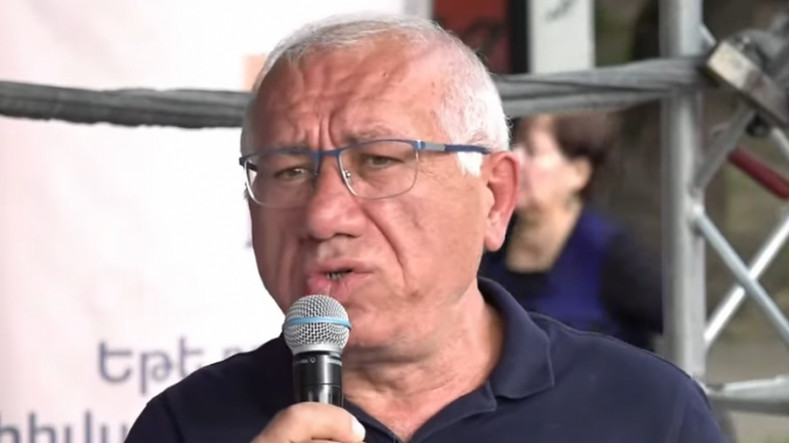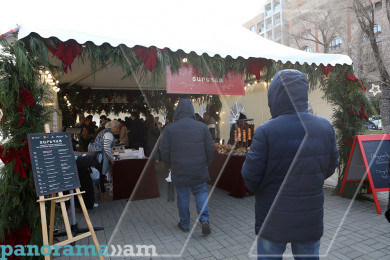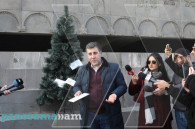
Expert: Downturn in agriculture continues in Armenia
The downturn in agriculture, a key sector for Armenia, continues in the country. According to the latest data from the Armenian Statistical Committee, agricultural output dropped by 0.7% in January-September 2022 compared to the same months of 2021.
In an interview to Panorama.am, agronomist and former Deputy Minister of Agriculture Ashot Harutyunyan claimed there are both objective and subjective reasons for the decline, adding it is likely to continue in the future.
"As a result of the latest Azerbaijani aggression, Armenia has lost, according to various estimates, 156 or 127 hectares of territory, including pastures, hayfields and arable lands,” the expert said, pointing to Azerbaijan’s seizure of pastures in Syunik Gegharkunik Provinces of Armenia during its military aggression in mid-September.
“In addition, the military positions have become so close that it is almost impossible to operate machinery. What kind of agricultural sector and growth can be talked about?" the expert said.
According to Harutyunyan, the official data on the downfall in the sector do not correspond to reality, even the figures released by the Ministry of Economy and the Statistical Committee are different.
"The aftermath of the war, natural conditions and organized processes give a full picture of the situation; the sown areas, crop yields and autumn sowing have decreased. There is no sufficient quantity and high quality of seeds for autumn sowing in the country," he stated.
Harutyunyan repeatedly visits Armenian villages to familiarize himself with the situation on the ground. He says he cannot get out of his head what he saw in the village of Hatsik, Armavir Province, where peach and apricot orchards were destroyed and trees were sold for firewood. People have stopped cultivating vineyards, as farming has become unprofitable: the rise in prices of fertilizers, diesel fuel, chemicals and labor force has pushed up crop costs, while the procurement process is complicated.
"Farmers are at the broken trough, losing all hope. I saw piles of tree logs in Hatsik, trees were cut down. It was a painful scene for me," he notes.
According to the expert, the breeding sector is also in a poor condition. Last year, the lack of fodder led to a forced slaughter and a reduction in the cattle headcount. He also pointed to the lack of labor force in the agricultural sector.
"Many of those killed in the war were farmers and many were left disabled after the war. All of this negatively affects the agricultural sector as well. It is necessary to change the strategy as soon as possible, directing the state funds to the army. Otherwise, we will face a food security crisis," he said, adding that the army needs to be provided with food, while its producer is agriculture.
Newsfeed
Videos






























